The Best Schools for STEM Subjects
By
8 years ago
No longer is engineering considered the poor relation of science, says Sally Jones
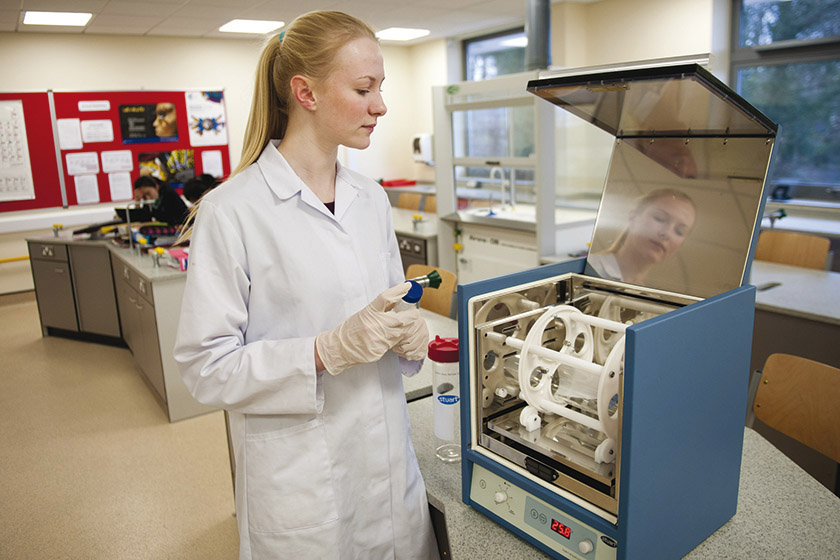
These smart schools are launching innovative projects to inspire boys and girls to take up STEM subjects.
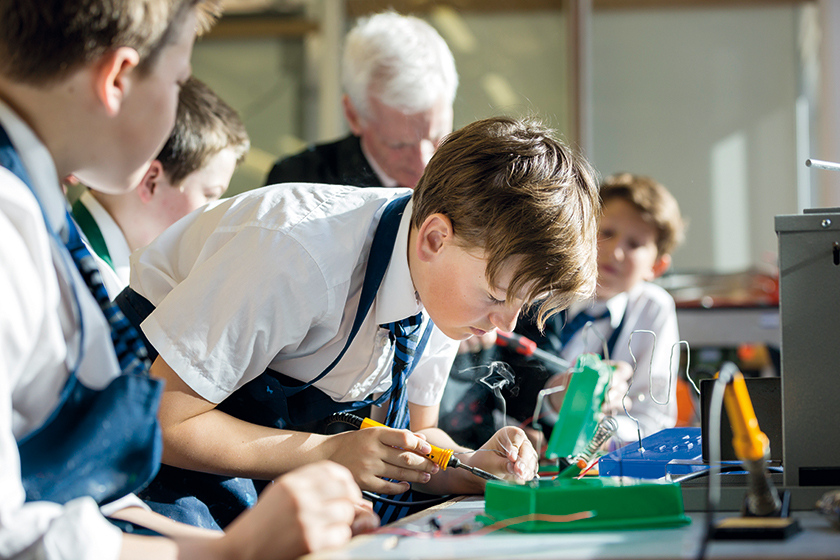
When Sir Ken Robinson asked if schools killed creativity in his now world famous Ted Talk a decade ago, it caused a generation of parents to sit up and pay attention. Since then his talk has been viewed by over 36 million globally. It’s testament to the fact that parents everywhere are concerned that schools’ preoccupation with academic achievement is not necessarily serving their children as best it should.
There is no doubt that the bearers of this brave new world will be its scientists, engineers and designers, creating the next generation of technology and meeting unimaginable challenges.
As ever, the independent schools lead the way. Forty schools, mostly independents, headed by Eton, Winchester and St Paul’s, produce a quarter of today’s fellows of the Royal Society and British Academy. Among current students, it is the same story, with independent school pupils making up just 15 per cent of A-level entries, but accounting for over a third of the top grades in STEM subjects.
Given their excellent facilities, bright, motivated pupils and often inspirational teaching, it is no surprise that public schools are so successful at preparing their students for careers in science. One key is the way many schools encourage its pupils to stretch themselves and follow their passions beyond the confines of the traditional exam syllabus.
Best schools for STEM
Stonar School
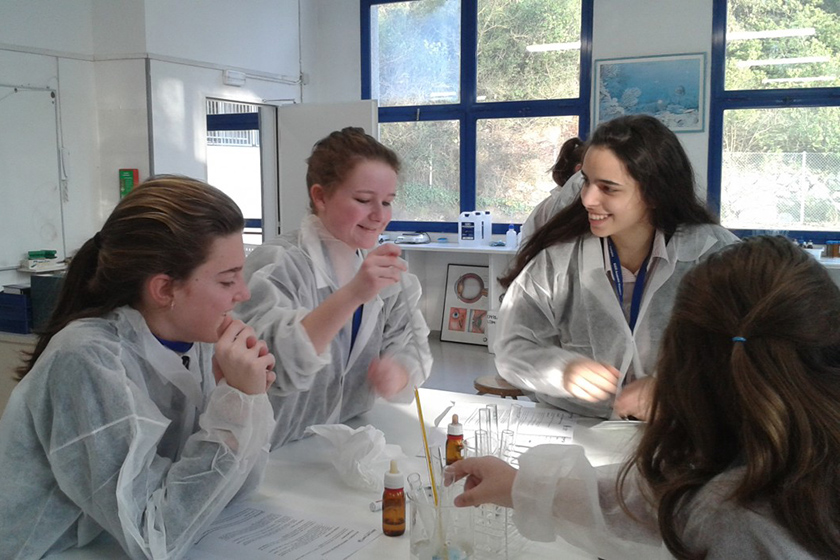
David Wicks, head of science at Stonar School in Wiltshire – who was awarded chartered science teacher status by the Association for Science Education (ASE), held by only two hundred individuals across the country – says that ‘We want pupils to remain curious and open-minded, to learn to think, question, debate and argue logically, and to enjoy doing so.’
St Edward’s School, Oxford
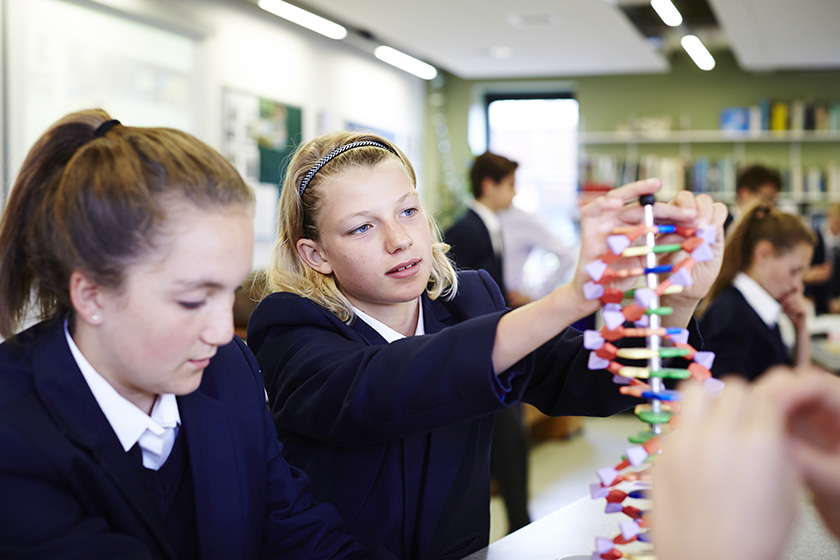
At St Edward’s School, Oxford, head of science, Dr Kendall Williams, hosts regular science conferences and seminars run by the influential Oxford International Biomedical Centre, for youngsters from his own, and other Midlands schools. Leading experts on subjects including cancer treatment, stem cell research and heart surgery come in to talk and debate with pupils.
‘This really stretches our students and broadens their horizons, not just those planning to study medicine or science at university,’ explains Dr Williams, who, in 2004, also set up the Café des Sciences programme designed to make STEM subjects more accessible and demystify the terminology. ‘We get together to discuss the major issues of the day with big-name scientists, including Richard Dawkins and the geneticist Steve Jones. We’ve looked at evolution, biodiversity and marine biology, covering contemporary topics like the coral reef crisis. It’s been so successful that we now take it out as a roadshow to primary schools.’
Oundle
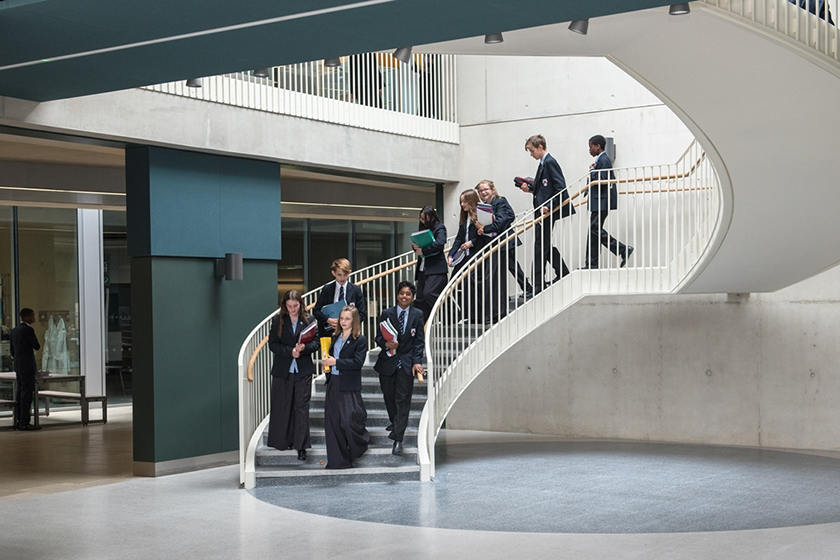
Oundle new SciTec campus, which includes a new maths department and refurbished engineering centre, is changing the way its students approach STEM subjects. The facility combines the theoretical and the practical. ‘This is hugely exciting as it will link science, mathematics, design, technology and engineering both physically and philosophically’ says head of science and technology, Dr Oliver Peck. ‘Pupils can move seamlessly from theory to practice and from pure science to the achievement of workable technology, while embracing new fields such as nanotechnology and mechatronics.’
Reed’s School
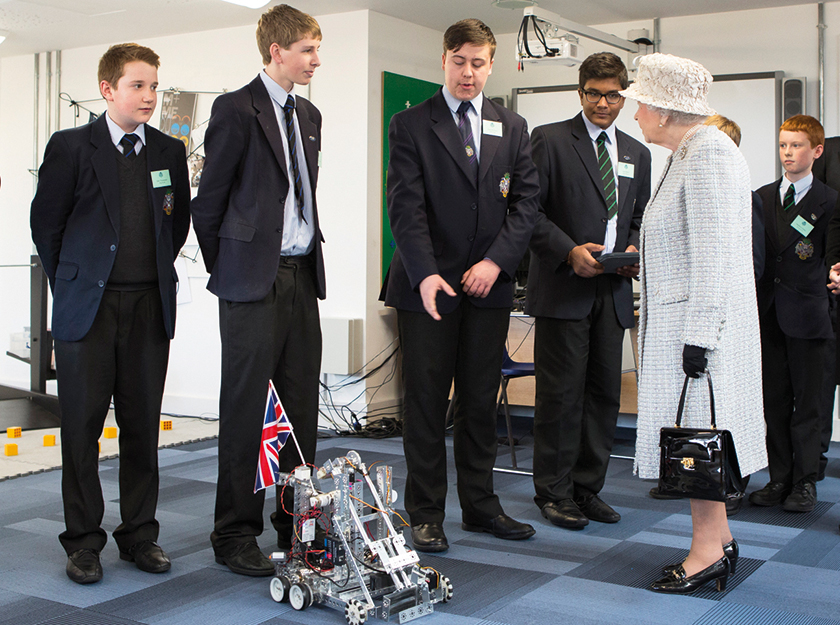
Showing pupils that the sciences should not be treated as isolated subjects is key to inspiring them, says Kathryn Bartram of Reed’s School in Surrey, an independent school for boys with a co-educational sixth form. ‘Our Year 9 pupils have the option of taking a cross-curricular FutureTech course, which included maths in motion, new materials and technologies, computing, robotics and 3D design and printing, culminating in an end of year project. It was designed to encourage pupils to think, act and work creatively and independently and to look beyond each subject.’ A lecture course kicking off with futureologist, David Smith, and trips to the Steinway factory in Germany, help teach pupils to value centuries-old craftsmanship as well as modern engineering techniques. The pupil’s robotics presentation even impressed the Queen when she visited in 2014.
Tudor Hall
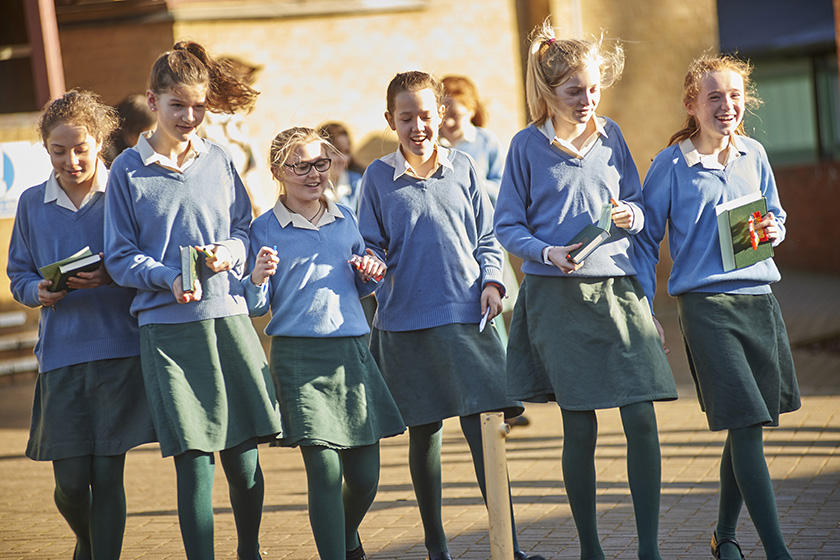
Although, traditionally, the STEM subjects have been male-dominated, initiatives are under way to encourage more girls into this area. Tudor Hall, near Banbury, investigated gender stereotyping in a groundbreaking Women in Leadership conference. The school asked whether girls subconsciously begin to hold themselves back when they hit their teens. Award-winning computer scientist Anne-Marie Imafidon spoke on her project STEMettes, designed to inspire the next generation of girls by showing them the work of female STEM pioneers through a series of panel events, hackathons, exhibitions and mentoring schemes.
Moreton Hall

At the all-girls school Moreton Hall, STEM subjects are also an increasingly popular option. Even for arts specialists, both for the challenge they pose and to demonstrate achievement across the board. ‘We don’t let our girls create any limiting beliefs about STEM subjects’, says chemistry teacher Dr David Kelly, a molecular geneticist.
The Shropshire school has launched a successful biomedical science and maths summer school, drawing on the expertise of Birmingham and Keele universities. Its Jenner Society, which runs every Friday evening, offers weekly lectures given by outside speakers, all from bioscience disciplines, including vets, doctors, nurses and midwives. ‘Afterwards,’ says Dr Kelly, ‘the girls chat and discuss the topic. Often they ask for hospital work experience, which is essential when applying for courses like medicine and dentistry.’
King Edward’s High School
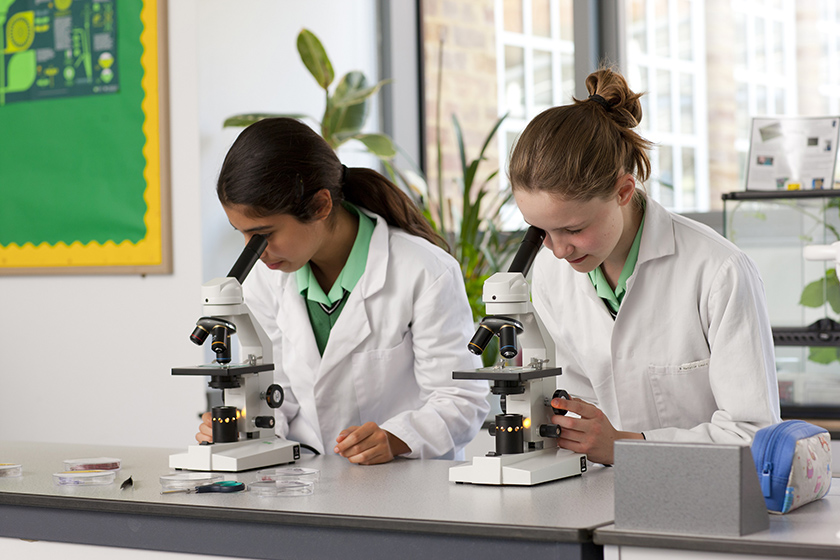
The highly academic King Edward’s High School for Girls, Birmingham, has a proud science tradition with distinguished alumnae. This includes neurology pioneer Anita Harding and Dame Hilda Lloyd, the first female president of the Royal College of Obstetricians and Gynaecologists. It runs weekly science outreach classes for scores of gifted and talented primary school pupils, broadening their horizons in unexpected ways. ‘Last term I did biology and dissected owl pellets to analyse what the owl had eaten’ enthused Ariana, ten. ‘It wasn’t that yucky, really – just fascinating.’
KEHS sends scores of pupils to study medicine at university each year. Growing numbers are now discovering a passion for other STEM subjects. This is partly due to initiatives designed to get more girls into engineering and design. ‘We have three Arkwright scholars at the moment’ says physics teacher Fiona Hall. ‘That’s a huge honour as these are national awards given to top young engineers and designers recognised as the leaders of tomorrow.’
READ MORE: Best Senior School Science Labs



